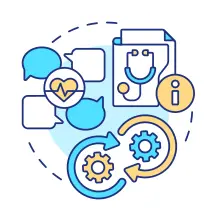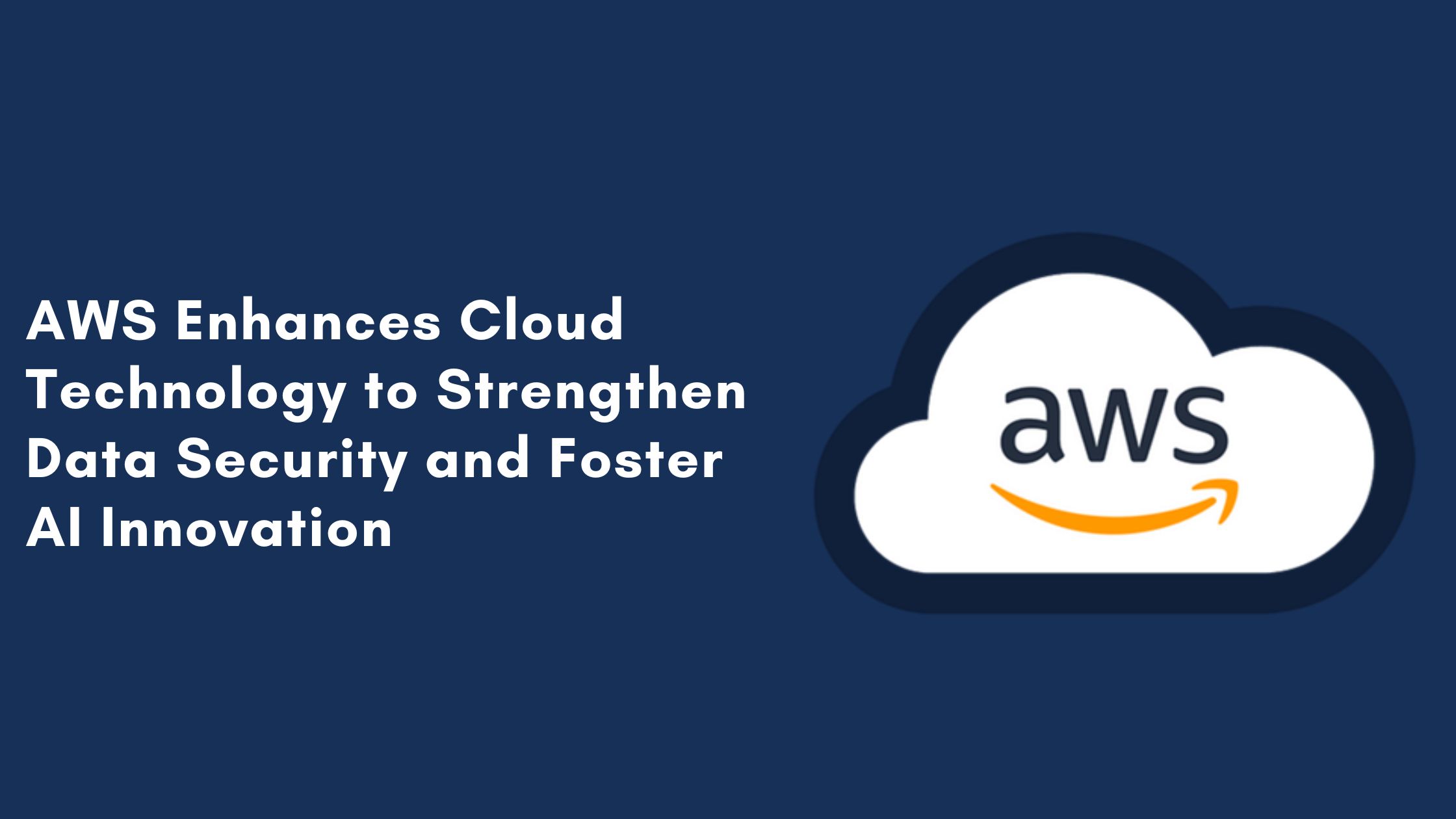
The growing dependence of healthcare on technology and data has made it crucial for healthcare providers to effectively manage patient information to ensure high-quality care. To achieve this, healthcare organizations must balance the need to safeguard sensitive patient data while leveraging it to enhance outcomes and operational efficiency. This guide aims to outline best practices for healthcare data management to help organizations accomplish these objectives.
1. Develop a Data Governance Strategy
The key to successful healthcare data management lies in developing a well-defined data governance strategy. This entails specifying which personnel are authorized to access particular data, how the data will be utilized, and what security measures will be implemented to safeguard it. In addition, the data governance strategy should include a comprehensive outline of the procedures and technologies that will be utilized to manage data across the organization.
2. Use Electronic Health Records (EHRs)
Electronic health records (EHRs) have become the industry standard for managing patient data. EHRs allow healthcare providers to easily access and share patient information, reducing errors and improving care coordination. When implementing an EHR system, it’s essential to ensure that it complies with all applicable regulations, including HIPAA.
3. Implementing Strong Data Security Measures
For healthcare organizations, safeguarding patient data from cyber threats is of utmost importance. Data breaches can have severe repercussions for both patients and the organization, including financial penalties and harm to reputation. To mitigate the risk of data breaches, healthcare organizations must implement robust data security measures, such as multi-factor authentication, data encryption, and periodic security audits.
4. Train Staff on Data Privacy and Security
Healthcare data management heavily relies on employees, and it’s vital to provide them with adequate training on best practices for data privacy and security. This entails educating them on the proper handling of patient information, identifying possible security threats, and responding appropriately in case of a data breach. All staff members, including administrative and clinical personnel, should undergo continuous training.
5. Use Analytics to Improve Outcomes and Efficiency
Healthcare data can be a powerful tool for improving outcomes and operational efficiency. Analytics tools can help organizations identify areas for improvement, such as reducing readmissions or optimizing staffing levels. However, it’s essential to ensure that patient privacy is protected when using data analytics, and that data is used in compliance with all applicable regulations.
Effective management of healthcare data necessitates a comprehensive approach that balances patient confidentiality with the need to employ data to enhance outcomes and efficiency. Healthcare organizations can safeguard sensitive patient information while leveraging it to drive better healthcare outcomes by implementing best practices for healthcare data management. This can be achieved through the implementation of a comprehensive data governance strategy, strong data security measures, regular staff training, and the utilization of analytics tools.






















